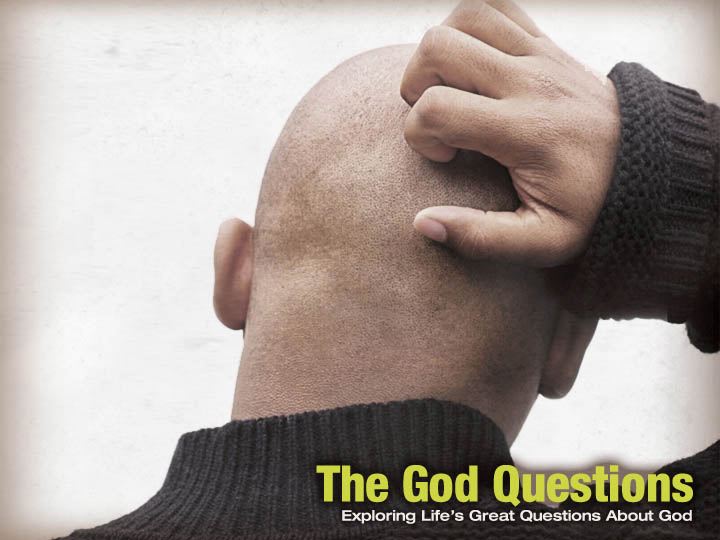 I got back into town around midnight this morning after a lot of driving and a busy weekend in Boston, all of it occasioned by my daughter's graduation from Boston University. I can't say that I have a good sense of what this year's college graduates think about the future, but I get the impression that this generation expects to do big things. I suppose that's true of all graduates, but I also think that this generation is part of big shifts on multiple fronts, from technological to political. I hear voices of optimism and idealism beyond that which simply accompanies being young. These graduates are very different from me in many ways, and they may be ready to push the Baby Boomers off the stage ( though I doubt the Boomers will go quietly.)
I got back into town around midnight this morning after a lot of driving and a busy weekend in Boston, all of it occasioned by my daughter's graduation from Boston University. I can't say that I have a good sense of what this year's college graduates think about the future, but I get the impression that this generation expects to do big things. I suppose that's true of all graduates, but I also think that this generation is part of big shifts on multiple fronts, from technological to political. I hear voices of optimism and idealism beyond that which simply accompanies being young. These graduates are very different from me in many ways, and they may be ready to push the Baby Boomers off the stage ( though I doubt the Boomers will go quietly.)All this makes me wonder what these graduates will be thinking when they're in my shoes, watching their own children graduate. How connected will they still be to their current hopes, causes, and ideals? How much will they have changed the world? And what of that will be for the better and what for the worse?
Today's reading from Deuteronomy raises similar questions. As Israel prepares to enter the Promised Land, Moses gives them a commencement address of sorts. ""Take care that you do not forget the Lord your God, by failing to keep his commandments, his ordinances, and his statutes, which I am commanding you today. When you have eaten your fill and have built fine houses and live in them, and when your herds and flocks have multiplied, and your silver and gold is multiplied, and all that you have is multiplied, then do not exalt yourself, forgetting the Lord your God, who brought you out of the land of Egypt, out of the house of slavery."
Sometimes life can have a way of narrowing people's focus. Worries about my career, my family, my retirement account, my children's education, and so on can push aside the great hopes and dreams of youth, can cause meto forget. Some loss of youthful idealism is likely required to acquire true wisdom, but the loss of hopes and dreams to concerns about me and mine is a real tragedy.
Religious institutions regularly demonstrate this as they become more focused on their own survival, on maintaining their structures, and on keeping their constituents happy, rather than on the hopes and dreams of God's kingdom, on the triumph of love over hate and peace over war, on the hope and dream of God's power made fully manifest in weakness, on the hope that God's Spirit can bring vitality and life out of that which we have pronounced dead.
What a tragedy when graduates forget their hopes and dreams for a better world. Temper those hopes and dreams, but do not forget them. Ditto for people of faith. We would do well to remember and cling to the dreams and visions that are of God.
Click here to learn more about the Daily Lectionary.








